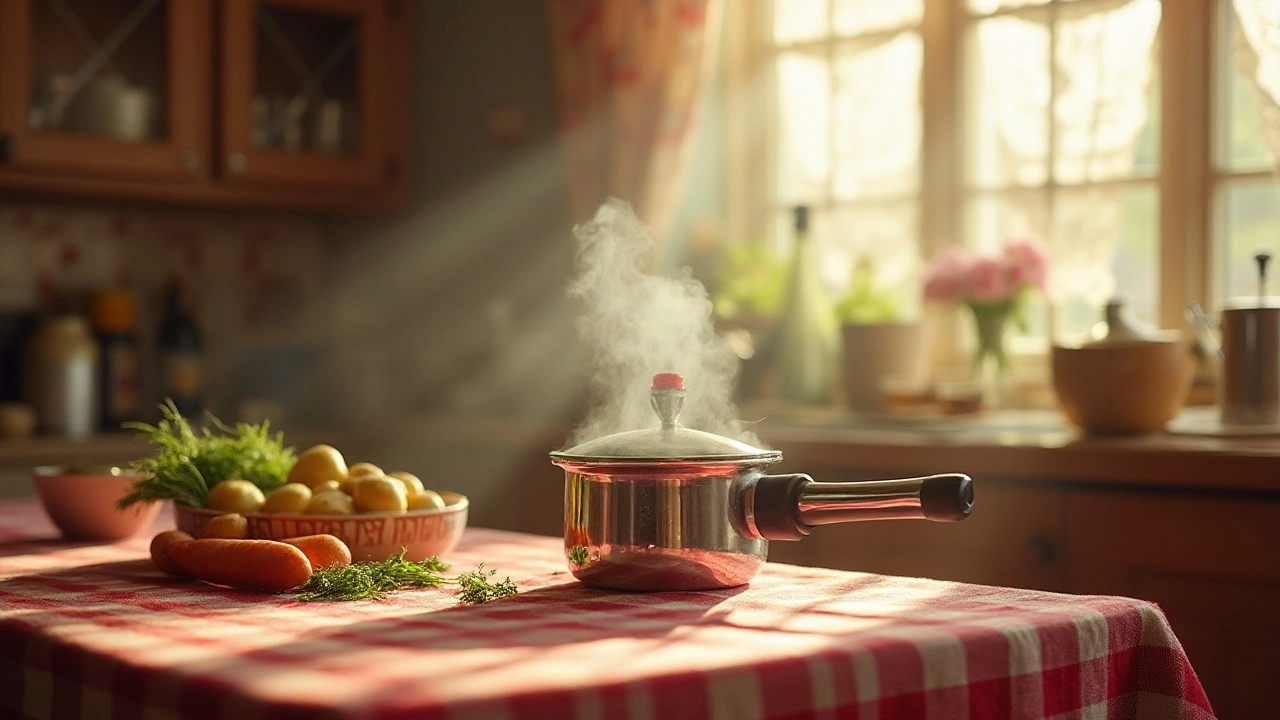Exploding Cooker Causes: What Goes Wrong and How to Stop It
If your cooker suddenly erupts with a bang, it’s not just shocking—it can be dangerous. Knowing the real reasons behind a cooker explosion helps you act fast and keep your home safe. Below are the most common culprits and what you can do to prevent a disaster.
Gas Leaks and Pressure Problems
The biggest trigger is a gas leak. A loose connection, cracked hose, or a damaged valve can let gas build up inside the oven. When you ignite the burner, that trapped gas ignites all at once, creating a violent flash. Even a tiny pinhole can cause trouble if it goes unnoticed for weeks.
Pressure regulators are another weak link. If the regulator fails, the cooker can receive too much gas, raising the flame beyond safe limits. Over‑pressurised gas pushes through the burner faster than it can be burned, leading to a back‑fire that can turn into an explosion.
Electrical Faults and Ignition Failures
Electric cookers aren’t immune. A short circuit in the ignition module can spark at the wrong moment, igniting built‑up gas or even igniting grease residues. Faulty wiring can also cause the oven’s heating element to overheat, weakening the metal housing and making it burst under pressure.
Old or corroded spark electrodes are a hidden danger. If the spark occurs while the gas valve is still open, the sudden ignition creates a pressure spike that can rupture the oven’s interior.
Improper Installation or Maintenance
Installing a cooker without a professional can leave gaps in the gas line, misaligned burners, or missing safety devices. DIY installs often skip the crucial leak‑test step, which means you might be living with a hidden hazard.
Regular maintenance is key. A clogged burner, dirty igniter, or worn-out seal can cause uneven gas flow. When the gas doesn’t burn cleanly, carbon buildup builds up and can ignite explosively.
What to Do If You Suspect a Problem
First, turn off the gas supply at the main valve. Open windows, leave the area, and call a qualified technician. Never try to fix a gas leak yourself unless you’re trained – the risk is too high.
If the cooker is electric, unplug it and stop using it until a professional checks the wiring and ignition system. A quick visual inspection for scorch marks, cracked hoses, or loose connections can give you clues, but don’t rely on that alone.
Tips to Keep Your Cooker Safe
- Schedule a yearly service with a certified appliance repair company.
- Use a gas leak detector or soapy water to test connections after any work.
- Never cover burners with aluminum foil or anything that can trap heat.
- Keep the area around the cooker clear of flammable items like towels or curtains.
- Replace old hoses and seals as soon as they show wear.
By understanding the common causes of cooker explosions and staying on top of maintenance, you can avoid a costly, dangerous surprise. If anything feels off, call in the experts—better safe than sorry.
Why Pressure Cookers Explode and How to Prevent It
0 Comments
Pressure cookers can be a great tool in the kitchen but can also pose dangers if not used correctly. Understanding what causes a cooker to burst can help in preventing accidents. This article delves into common reasons for cooker explosions, from pressure buildup to faulty seals. It also provides practical tips for maintenance and safe usage to ensure your pressure cooker operates smoothly. Safety modifications and cautionary steps can transform the way you cook under pressure.
Read More